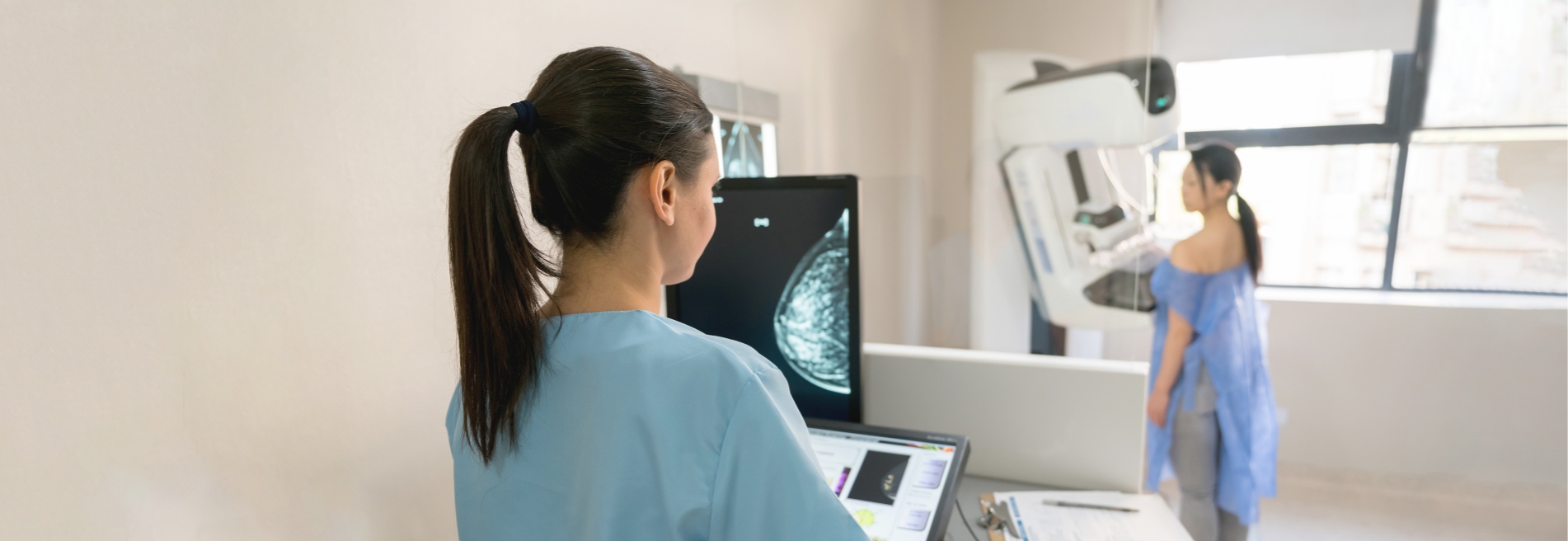Finding the right course of treatment for breastcancer is key to curing it - and AUT is at the forefront of research set to give doctors a tool to predict how a patient will respond to different therapies.
Working with collaborators in the UK, Singapore and China, AUT researcher Associate Professor Dong-Xu Liu has discovered a cancer-related protein, called SHON, that can be used as a biomarker, or identifying characteristic, to indicate whether a patient will benefit from hormone (endocrine) therapy or chemotherapy.
“It has the potential to change the current clinical practice of breast cancer management around the world,” he says.
“Our findings would allow breast cancer patients to receive treatments that are the most appropriate to their characteristics, therefore improving treatment response and saving lives.”
Associate Professor Liu spent 12 years at the Liggins Institute before joining AUT’s Faculty of Health and Environmental Sciences and is internationally recognised for his breast cancer, molecular and cellular oncology research.
Cultivating strong local and international research networks is an important focus at AUT and this recent cancer breakthrough is evidence of how vital those connections can be.
It was access to the world’s largest breast cancer tissue bank in the UK, and information collected about patients and their treatment spanning more than a decade, that made it possible to pinpoint the cancer-related protein and its success as a biomarker for treatment.
The expertise and global reach of researchers like Dong-Xu also presents incredible opportunities for postgraduate study at AUT.
Stacey Li, one of his PhD students, is working on how to use the SHON biomarker in clinics while another two PhD students, Vasanti Sirikonda and Zohreh Riahi, are building on another breakthrough area of his research which identified a gene with potential causal links to breast cancer.
Website: breastcancerfoundation.org.nz
